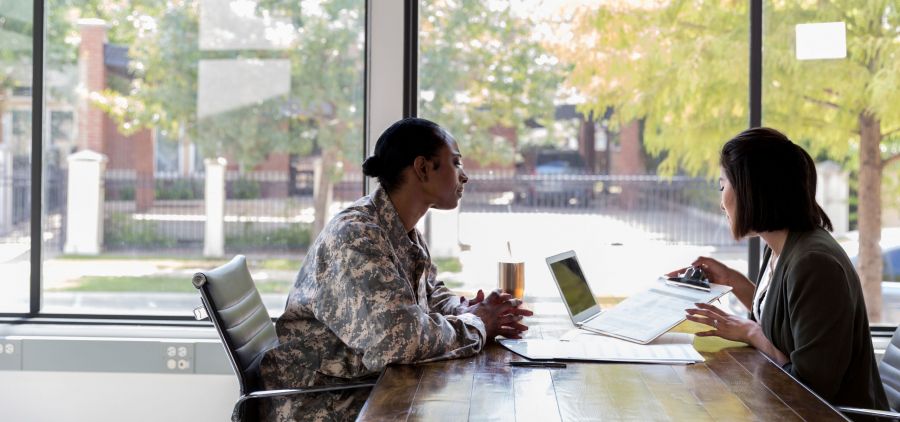Buyer’s Closing Costs
When you buy a home there are closing costs. These are costs that go above what you are paying for your down payment. Closing costs are your out-of-pocket fees used for items like getting your home loan, having the house appraised, getting the title transferred into your name and so on. Your closing costs can range between one and three percent of your loan amount, depending on different factors.
This means if you’re taking out a $300,000 mortgage loan, closing costs could range from $3,000 to $9,000. The amount a home buyer has to pay in closing costs can vary a lot depending on the home price, location, and other factors.
Typical closing costs paid by the buyer include:
- Origination Fee — This is the fee from your mortgage lender used to set up and process your application, verify your documents, underwrite, and close your loan.
- Appraisal Fee — This is the fee to have your home appraised.
- Title Search and Title Insurance — A title search insures that your new home’s title is clear, and no one else can claim rights to the home or property. Title insurance provides protection against undiscovered claims.
- Upfront Mortgage Insurance or Funding Fee — Some home loans require an upfront fee to insure or ‘guarantee’ the mortgage. Government-backed home loans like FHA, VA, and USDA mortgages, all have an upfront fee, though you can roll this fee into your loan amount instead of paying it at closing.
- Discount Points — Discount points let you ‘buy’ a lower interest rate by paying an extra fee at closing.
- Escrow — Escrow is set up so that you pre-pay money that will be placed in an escrow account and disbursed as necessary to pay for your property taxes and homeowner’s insurance. You will also have your down payment due at closing, but this typically is not thought of as a ‘closing cost.’Any earnest money you paid when you made an offer on the house will be credited toward your down payment at closing.The type of mortgage you choose can also have a big effect on your closing costs. And the biggest of these is mortgage insurance.Mortgage insurance or MI is only paid when putting less than 20% down to buy the home with a conventional loan. The Mortgage Insurance helps protect the lender. Most mortgage insurance is paid with your monthly payment and considered an annual payment, however there are some loan programs that also have an initial mortgage insurance premium that is called an Upfront Mortgage Insurance Premium and may be due at closing as well. Let’s look at some of these types of programs with Upfront Mortgage Insurance.
- FHA Upfront Mortgage Insurance Premium (UFMIP)The first program is FHA home loans which require annual mortgage insurance an upfront insurance fee. The upfront mortgage insurance premium, or UFMIP — is equal to 1.75% of the loan amount, or $1,750 for every $100K borrowed. Despite its name, FHA upfront mortgage insurance doesn’t have to be paid at closing. Most borrowers roll this cost into their loan amount rather than pay it with cash. Rolling UFMIP into your loan will greatly reduce your closing costs. But it does mean you’ll pay interest on the fee over the life of your home loan.
- VA Loan Funding FeeVA loans do not require annual mortgage insurance. But they do require a one-time ‘funding fee’ due at closing unless the veteran has exempt status. For first-time home buyers, the VA funding fee is usually equal to 2.3% of the loan amount. Buyers who have used a VA loan before will pay 3.6% of their loan amount. If you make a down payment of 5% or more, the VA funding fee is reduced. VA home buyers also have the option to roll this fee into their loan amount instead of paying it along with their closing costs.
- USDA Guarantee Fee Like the FHA loan, the USDA home loan program requires both an upfront mortgage insurance fee and an annual one. USDA’s upfront fee is equal to 1% of the loan amount and can be added to the mortgage balance to reduce closing costs. It’s important to be aware of all the costs associated with buying a home so that you have enough money to pay your closing costs. If you’re not sure, check with your lender, they will cover your closing costs and your options. There are several costs to be aware of when buying a home, but the great news is that our team is here to help you throughout the process.
Gain access to valuable market updates and stay informed about new loan products.

